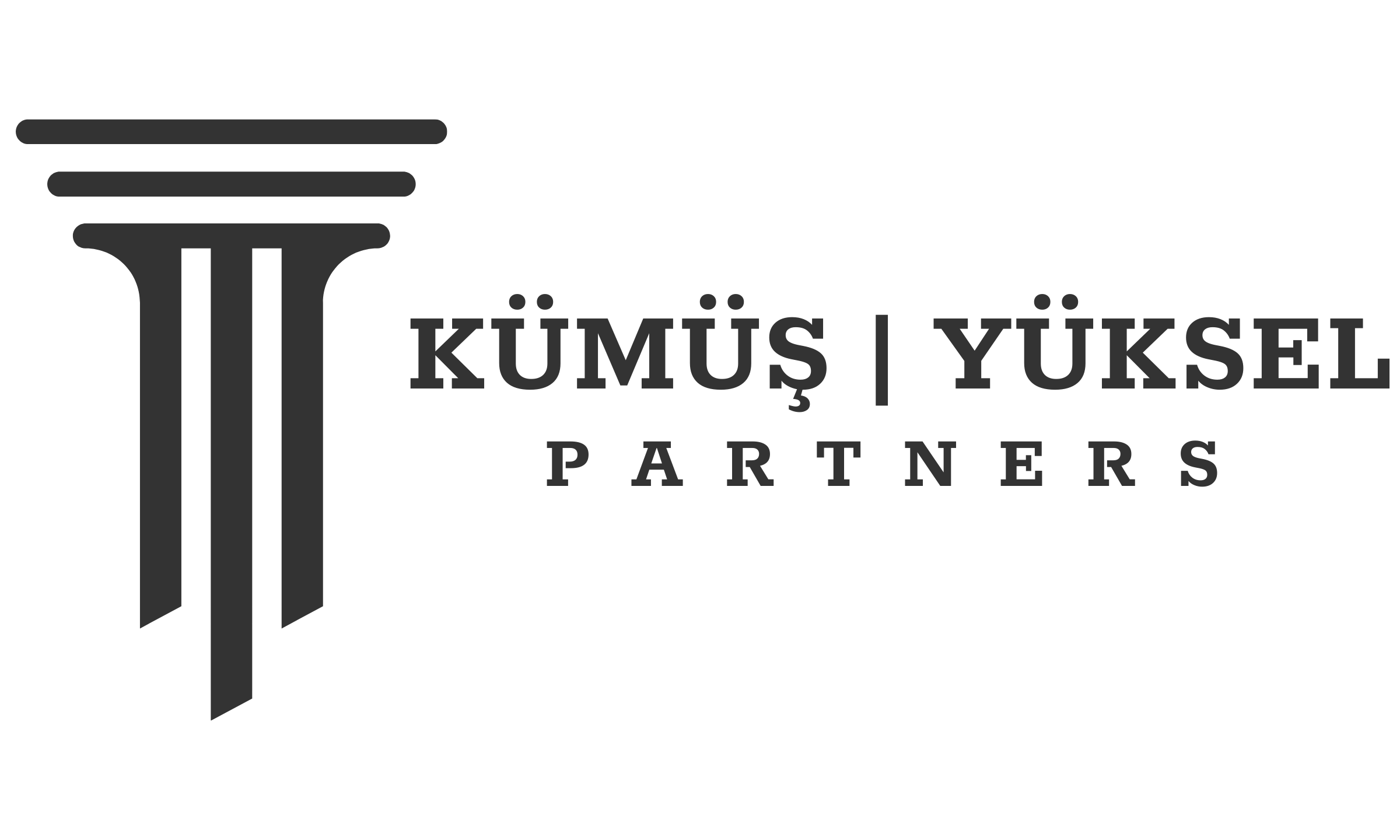INHERITANCE SHARING AGREEMENT: VALIDITY AND KEY TERMS
Upon the death of the testator (decedent), their entire estate, including assets and liabilities, forms a legal entity known as the estate. The estate consists of movable and immovable properties, bank accounts, company shares, cryptocurrency assets, intellectual property rights (such as trademarks and patents), receivables, and debts. Heirs jointly own the estate under joint ownership from the moment of the testator’s death. This means that the rights within the estate remain undivided among the heirs until a formal sharing takes place.
Managing an estate under joint ownership can be quite challenging. In legal practice, one of the most common disputes among heirs arises from this issue. To resolve such disputes and to terminate joint ownership, Articles 676 and subsequent provisions of the Turkish Civil Code ("TCC") allow heirs to enter into an inheritance sharing agreement. The validity of such an agreement is subject to certain legal requirements.
This article examines the details of an inheritance sharing agreement, which enables the division of estate assets or their conversion into shared ownership.
1. The Inheritance Sharing Agreement Must Be Established After the Death of the Testator
Heirs acquire their inheritance rights upon the death of the testator. As of the moment of death, heirs automatically obtain joint ownership over the testator’s estate without requiring any additional legal process. Since inheritance rights do not exist before the testator's death, any inheritance sharing agreement made among heirs before this time is deemed invalid.
However, if the testator has given consent or is a party to the agreement, it may be considered valid. If an invalid inheritance sharing agreement is made before the testator’s death, the parties may demand the return of any assets transferred under the agreement.
2. All Legal and Appointed Heirs Must Be Parties to the Agreement
A fundamental requirement for a valid inheritance sharing agreement is the participation of all heirs. This includes both legal heirs (heirs recognized by law) and appointed heirs (heirs designated by the testator through a will or other legal instruments). If any heir does not become a party to the agreement, the agreement is deemed invalid.
If any of the heirs are legally incapacitated, their legal guardian may participate in the agreement on their behalf. However, this requires prior approval from the guardianship authority.
3. The Inheritance Sharing Agreement Must Be in Written Form
For the agreement to be legally valid, it must be in written form. This is a formal requirement, meaning that an oral agreement is not legally binding. The required written format is a simple written agreement; it does not have to be notarized or handwritten. However, for ease of proof in case of legal disputes, having the agreement notarized is highly recommended.
4. The Estate Must Still Be Under Joint Ownership
Upon the death of the testator, their estate enters into joint ownership among the heirs. The inheritance sharing agreement can be used either to divide the estate among the heirs or to convert joint ownership into shared ownership. However, if the estate has already been converted into shared ownership, a further inheritance sharing agreement is no longer possible. In other words, for the agreement to be valid, the estate must still be under joint ownership, meaning that specific shares have not yet been determined.
5. Additional Considerations
If all heirs decide to dispose of the estate differently from what was agreed upon in the inheritance sharing agreement, this will be considered as an implicit withdrawal from the agreement.
Once an inheritance sharing agreement is made, joint ownership is abandoned, and therefore, no partition lawsuit can be filed to dissolve the joint ownership.
The process of inheritance sharing can have significant financial and emotional consequences for family relationships. If not handled properly, unresolved inheritance disputes can lead to strained family ties and financial losses due to inaction regarding disputed assets.
To ensure a smooth and fair inheritance sharing, we strongly recommend seeking legal assistance from an inheritance lawyer.
